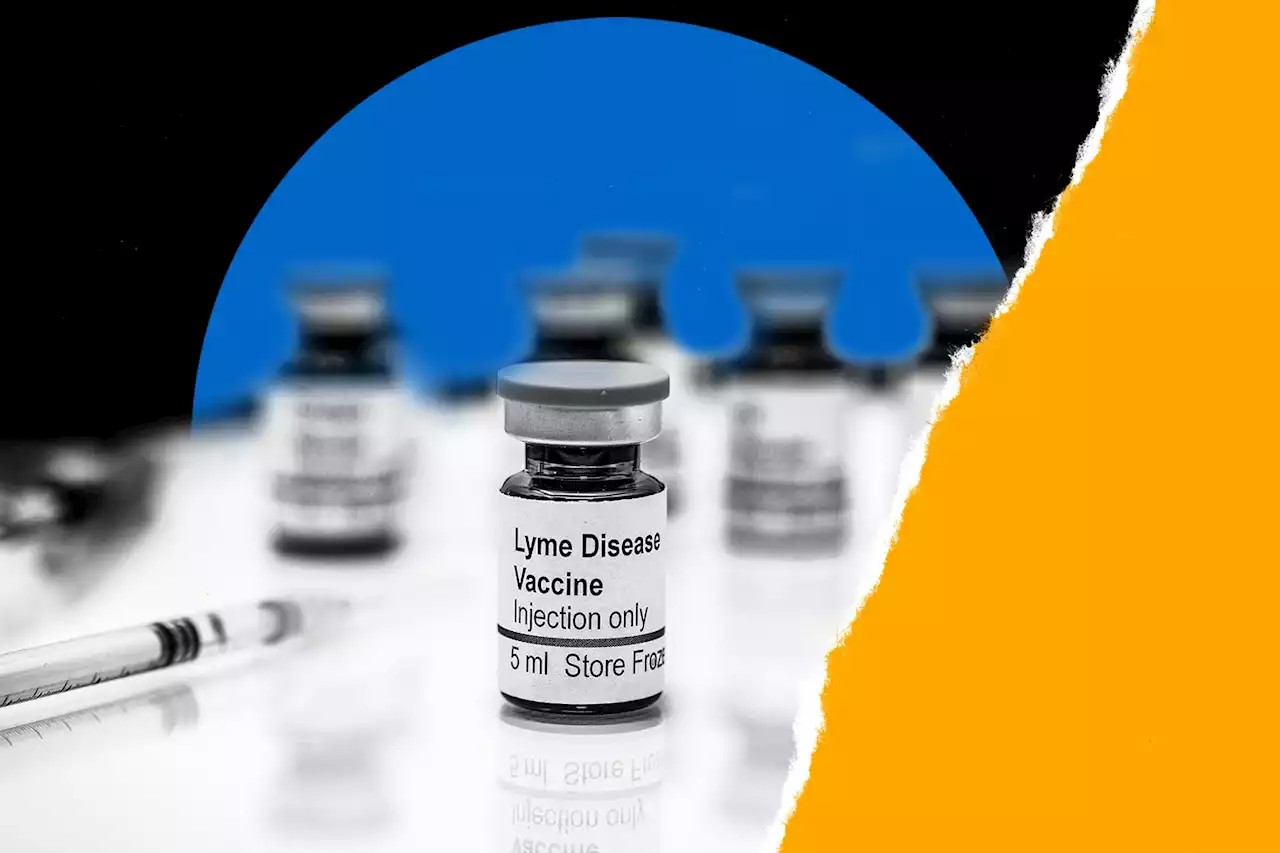Researchers are working on an injectable that could get dormant follicles growing again. Trials on mice show promise.
“I think it’s a realistic vision,” says Maria Kasper, associate professor of cell and molecular biology at the Karolinska Institute in Sweden. However, she emphasizes that it’s too early to say whether Plikus’ findings will lead to a new treatment for hair loss and notes that alternative therapeutic approaches are being developed as well.
Turn Biotechnologies, for instance, is developing a treatment that uses messenger RNA , following theas the Pfizer and Moderna Covid vaccines—delivering genetic instructions to our cells to have them build useful substances. According to cofounder Vittorio Sebastiano, an associate professor of obstetrics and gynecology at Stanford University in the US, Turn’s goal is to deliver mRNA encoding for a cocktail of proteins that can turn back the clock on hair follicles.
Sebastiano is hoping to start clinical trials in humans by the end of next year or early 2024, envisioning a future in which TRN-001 is applied topically with microinjections, much like Plikus imagines for SCUBE3. But while an mRNA-based approach might be more potent, since it forces cells to make relevant proteins themselves, Sebastiano recognizes that this technology’s newness makes the cost and periodicity of treatment difficult to predict and the regulatory landscape more challenging.
In fact, Kevin McElwee, associate professor of dermatology at the University of British Columbia in Canada and chief scientific officer of hair biotech company RepliCel, says that’s why his team isn’t going down the mRNA route: “the regulatory issues with the FDA are huge.” Instead, RepliCel—and a competitor, HairClone—are working on a cell-based approach to baldness, where hair cells from one part of the scalp are moved to another in order to kickstart growth.
“The problem with hair transplantation is that it’s one for one; you still have the same number of hairs, just spread out,” says HairClone CEO Paul Kemp. With these multiplying techniques, you can instead increase the volume of hair. However, Kemp and McElwee both estimate that for the patient, the process might take one to two months from start to finish and, at least initially, cost more than hair transplants, given the manual labor involved.
Österreich Neuesten Nachrichten, Österreich Schlagzeilen
Similar News:Sie können auch ähnliche Nachrichten wie diese lesen, die wir aus anderen Nachrichtenquellen gesammelt haben.
 She-Hulk Episodes 2 & 3 Review: Trials & Tribulations of Emil BlonskyICYMI: Episodes two and three of SheHulkAttorneyAtLaw make up a classic two-parter as we explore Jennifer's new job and what being a lawyer for a supervillain would be like. Review / SheHulk Marvel DisneyPlus
She-Hulk Episodes 2 & 3 Review: Trials & Tribulations of Emil BlonskyICYMI: Episodes two and three of SheHulkAttorneyAtLaw make up a classic two-parter as we explore Jennifer's new job and what being a lawyer for a supervillain would be like. Review / SheHulk Marvel DisneyPlus
Weiterlesen »
 First of two Clements murder trials set for this weekA Pima County Superior Court jury is scheduled to be selected this week for the First-Degree Murder trial of Christopher Clements.
First of two Clements murder trials set for this weekA Pima County Superior Court jury is scheduled to be selected this week for the First-Degree Murder trial of Christopher Clements.
Weiterlesen »
 This Follicle-Hacking Drug Could One Day Treat BaldnessDespite more than 50% of women and 85% of men in the US experiencing balding during their lives, there still aren’t effective treatments for hair loss. That may soon change. Via WIREDUK
This Follicle-Hacking Drug Could One Day Treat BaldnessDespite more than 50% of women and 85% of men in the US experiencing balding during their lives, there still aren’t effective treatments for hair loss. That may soon change. Via WIREDUK
Weiterlesen »
 The Summer Vaccine of the FutureA new Lyme vaccine is in late-stage trials, more than 20 years after the first Lyme vaccine, LYMErix, was removed from the market.
The Summer Vaccine of the FutureA new Lyme vaccine is in late-stage trials, more than 20 years after the first Lyme vaccine, LYMErix, was removed from the market.
Weiterlesen »
 How nasal-spray vaccines could change the pandemicVaccines inhaled through the mouth or nose might stop the coronavirus in its tracks, although there’s little evidence from human trials so far.
How nasal-spray vaccines could change the pandemicVaccines inhaled through the mouth or nose might stop the coronavirus in its tracks, although there’s little evidence from human trials so far.
Weiterlesen »
